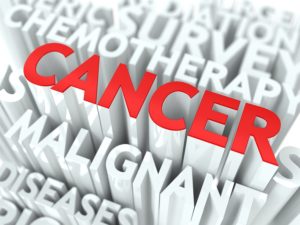Unfortunately, there are so many senior citizens who pass away or get severely ill from various types of cancer. Are you worried about your elderly loved one getting cancer? If so, as a family caregiver, it may be beneficial for you to learn more about the common cancer screenings for senior citizens. If you have further questions about these tests, don’t be afraid to take your elderly loved one to their doctor and get answers.
Lung Cancer Screenings

In-Home Care in Jericho, NY: Cancer Screenings
One of the types of cancer that you may worry about with your elderly loved one is lung cancer. This may especially be a worry if your elderly loved one is or ever was a smoker. If this is is or was the case, your elderly loved one’s doctor may recommend they have lung cancer screenings. It is important to keep in mind that even if your elderly loved one was never a smoker, that does not completely eliminate their risk of getting lung cancer. You can talk to your elderly loved one’s doctor if you suspect they have lung cancer. If your elderly loved one does have this type of cancer, they may need in-home care providers to help care for them.
Colon Cancer Screening
Your elderly loved one may need to be screened for colon cancer, as well. Many professionals recommend that people who are 50 or older should get screened for this type of cancer. When this screening is being performed, the doctor will check for polyps. If there are any, the doctor may need to biopsy them to check for pre-cancerous or cancerous cells. Hopefully, none have turned into cancer. If they haven’t the doctor should be able to have them removed.
It is important to note there are multiple screening options for colon cancer. You or a home care provider can take your elderly loved one to the doctor to find out which screening is best for them.
Prostate Cancer and Breast Cancer Screening
Elderly men should be screened for prostate cancer and elderly women should be screened for breast cancer. It is also important to note that some men do also get breast cancer. Your elderly loved one should talk to their doctor to see how often they should get these types of screenings. If there is a family history of prostate or breast cancer, they may need to be screened more often.
Conclusion
There are many senior citizens that get cancer. If you are caring for your elderly loved one, you should make sure they are in touch with their doctor. The doctor can recommend which screenings they would like your elderly loved one to get. Then, you or an in-home care provider can take your elderly loved one to cancer screening appointments.
If you or an aging loved-one is considering In-Home Care in Jericho, NY please contact the caring staff at Brookville Homecare today. 516-802-7722
Sources
https://www.cdc.gov/cancer/dcpc/prevention/screening.htm
